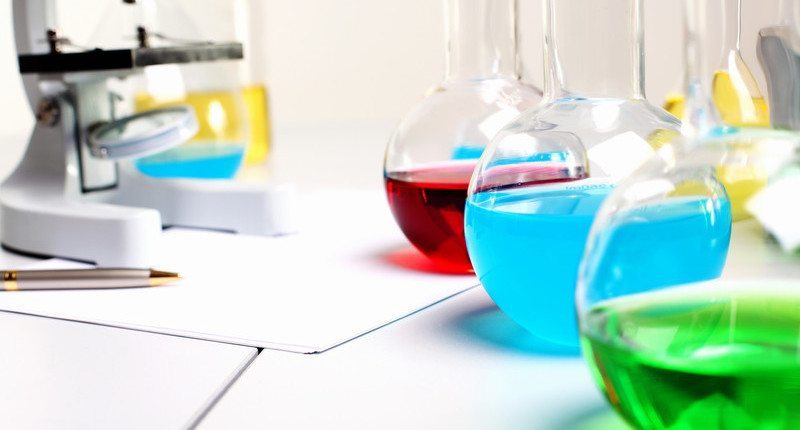
The answer to this depends mostly on how much science you want to take in college. If you want to major in mechanical engineering or EECS (electrical engineering/computer science) then you already know that AP® Calculus BC and AP Physics C is a requirement for probably all of those programs. But a lot of students say they want to go to medical school, and figure they should get a head start on things by taking AP Biology. The advice here? Don’t. What you need to get a great start in a college biological sciences major is preparation for first year freshman chemistry.
Many regard sophomore organic chemistry as the single most difficult class you will take in college. While challenging, organic chemistry is not the grind everyone makes it out as, provided you put the work in, go to all the lectures, and use your three dimensional model kits as study aides. You won’t feel stupid walking out of an organic chemistry test. But when you walk out of your first freshman chemistry exam that you take 6 weeks after you have arrived at college, you will feel like an idiot, and especially so if your only exposure to chemistry was a basic tenth grade course. This is understandable, as freshman chemistry often starts off covering a series of abstract topics in considerable depth. And the labs? Forget about it, you are standing at your lab bench for four straight hours, and you have to turn in a lab report on your often less than reliable data points within a few days. Indeed, first year freshman chemistry is one of the toughest courses you will encounter in college, and a whole lot of kids just aren’t ready for that level of rigor.
Students who do well in freshman chemistry, and who don’t have a totally miserable time while they’re at it, will usually have taken AP chemistry in high school. AP chemistry is rarely as in depth as the freshman course but it will definitely get you to where you understand the lectures, and a ton of the test material will come directly out of the lectures. There will be new material, but a less overwhelming amount, and you will have some idea of what to expect. The problem solving habits you develop in AP chem are the minimum needed for freshman chemistry, and are best learned prior to a midterm with questions that assume that skill level. So even though it is not a prerequisite, you will have a much, much better time in freshman chemistry if you took AP chem in your junior or senior year of high school. And remember, you are probably also taking some combination of calculus, physics, and freshman English as well so you don’t want one course to totally overwhelm you.
Now that I have made my case for AP Chemistry, at least for those who want to major in a biological science, let’s discuss AP Biology. And let me state this with all due respect to the terrific biology teachers out there, but unless you intend AP Biology as the last science course you will ever take, I tend to advise people against it. The reasons are that first, it is best learned if taken concurrently with organic chemistry. There is just too much one needs to understand about biomolecules and organic structures to gain a true appreciation of the subject, and that knowledge base develops with concurrent enrollment in the organic class. Second, unlike elementary chemistry or physics, biology is changing by the day. Fundamental aspects of the cell are going to look different with a passage of 6 months time, and where your biology teacher’s job is to prepare lesson plans and lecture effectively, the job tenure of university faculty depends on them keeping up with the latest journal articles and attending lectures on the latest in their field. Furthermore, given the tremendous diversity of the subjects, there will be three lectures on plants given by a faculty member researching plant genetics, six lectures on gene expression given by faculty whose lab studies ribosomes, and so forth. Without question, if AP biology is something you want to take in high school as your probable last exposure to science, then go ahead and take it. But if you have any intention of majoring in a biological science in college, then wait until college before you take biology. It will also make the material fresher in your mind if you take the MCAT.
Lastly, for those of you who do take my advice and take AP chemistry, you should still take freshman chemistry in college even if you get a 5 on the AP. Besides going into somewhat more depth, it will make you doubly prepared for the MCAT or whatever, and since you have a solid chance of doing really well, that great grade you get will look terrific on your application to medical school.
Be sure to give us a shout if you have any questions!
AP®, Advanced Placement®, College Board® and SAT® are trademarks registered by the College Board, which is not affiliated with, and does not endorse, this product.
